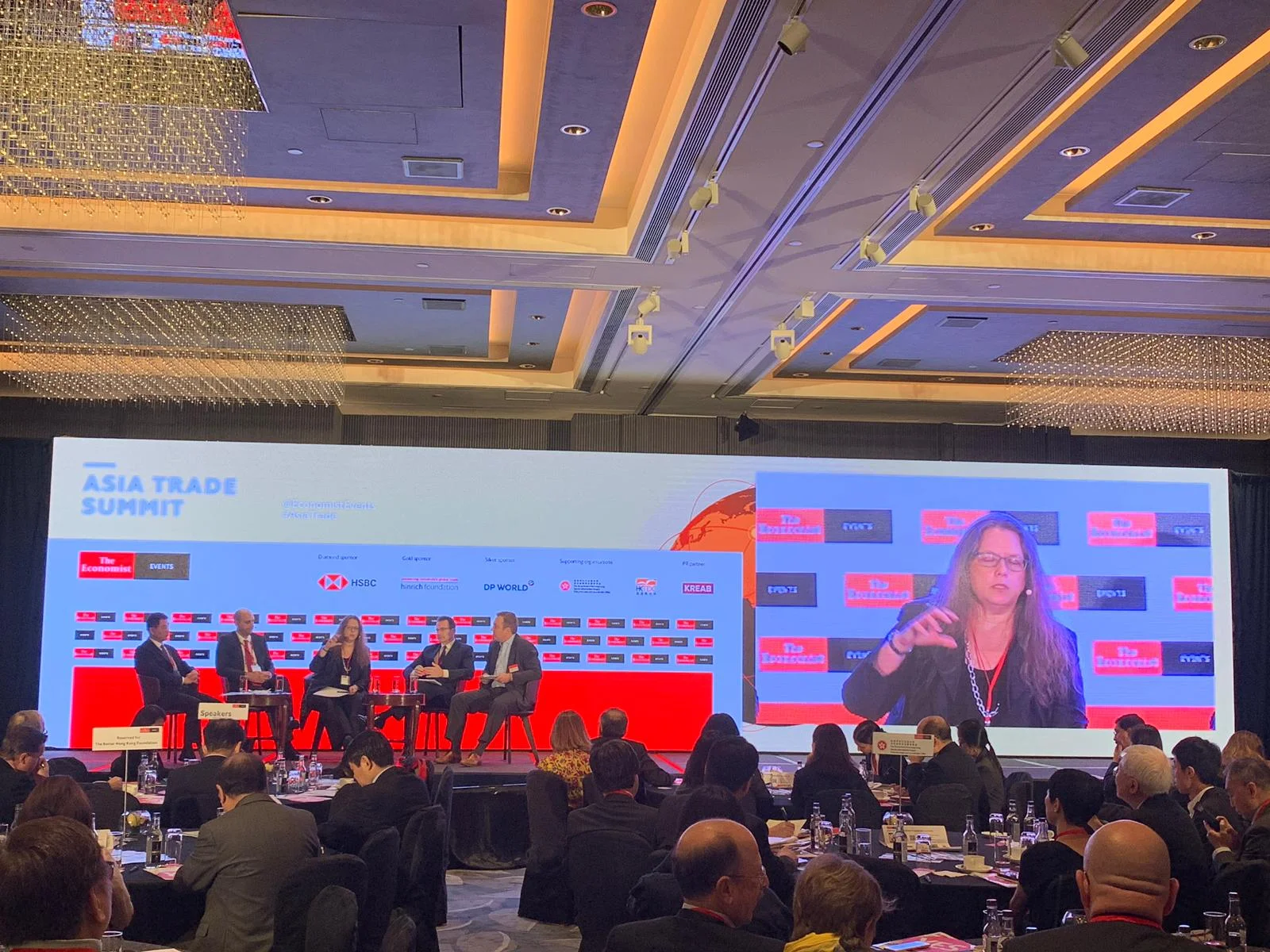The net result, for Trump, is that he did what he wanted and it worked. Flush with this victory, it is highly likely that Trump will double down on his strategy in the future. After all, he will reason, his advisors argued against his Mexico gamble and yet it paid out so well for him. Why, then, should he listen to them if they advise against similar trade and tariff policies again? Trade is now a tool to be used for non-trade objectives, as we have noted previously. While clearly illegal, such a distinction does not matter. Trump was willing to impose tariffs on Mexico in direct contravention of existing World Trade Organization prohibitions, NAFTA rules and the upcoming NAFTA 2.0 rules. He used a dubious interpretation of the American emergency powers act to justify his decision domestically. The gloves, so to speak, are clearly off. And, having won a big match in this way, there is every reason to believe such tactics will be tried again. Future opponents should be forewarned.
A Turning Point for US Trade Policy
American trade policy has been like the proverbial frog in a pot, slowly simmering under increasing heat. At a certain point, the frog will not be able to survive, even if it were suddenly rescued. The US, it appears, has reached this juncture. Were any country other than the United States to have taken this set of steps in a week, Washington would have been aghast. Instead, it was largely shrugged off as “just another week in DC.” The fact that the United States could take such actions as escalating tariffs to 25% on potentially $500 billion in goods from China, possibly seal the fate of one of the most important telecommunications firms globally, make national security arguments about the threat level emanating from cars arriving from US allies, and continue to watch the multilateral trade system crumble and then argue that it is “just another week” is especially telling.
A World Without the WTO
Companies have forgotten how much the global trade regime matters to daily firm operations. If it did, in fact, collapse, the result would be a disaster. The global trade rules are like air. They have existed for so long that companies and consumers take them for granted. They don’t even notice them any longer. But, like air, if it suddenly went away, firms and consumers would discover to their great dismay that they actually like and need air (or the global trade system) very, very much. Why do firms need the WTO? Start with the obvious issues. Right now, 164 countries are constrained in what they can do with tariffs rates. Up until this past year, WTO members did not just randomly hike tariffs overnight. Keeping tariffs consistent has allowed firms and customers to have stability and reduce risk.
How Not to Win a Trade War
Arbitrary or capricious rule changes are a significant danger for foreign firms looking to diversify out of China into other markets in Asia. It certainly does no good to open a new warehouse or building, only to have a regulatory change that renders it unusable or be saddled with new requirements on staffing that drive costs into the red. Most of the markets in the region that are currently expecting to capitalize on the trade war struggle with at least some—and usually all—of these problems. An honest assessment of market conditions in hopeful “winners” could bring about some necessary changes. There is certainly an opportunity for many markets to capture new gains from trade in areas that have not been “in play” for years. But absent some significant improvements in the ease of doing business in a remarkably short period of time, many of the locations that expect a windfall from relocations are likely to be bitterly disappointed.
The Five Lessons of NAFTA Negotiations
The third lesson is that the details matter. Some of the provisions that are currently being ignored by commenters on NAFTA are buried deep in the texts and schedules. These may turn out to be deeply consequential for NAFTA parties. Some may also affect outside parties. As an example, the auto rules of origin require a significant and growing share of autos, trucks, parts, components, steel and aluminum to be made within NAFTA (with more expensive labor inputs as well). For suppliers based outside of NAFTA, this is going to be extremely problematic or even catastrophic. These orders could be cancelled outright and never replaced. Alternatively, NAFTA 2.0 could force a renewed look at offshoring or sourcing entirely for export. Either way, existing supply chains are likely to be under severe stress.
The fourth lesson is that NAFTA contains some problematic provisions that might spread elsewhere.




